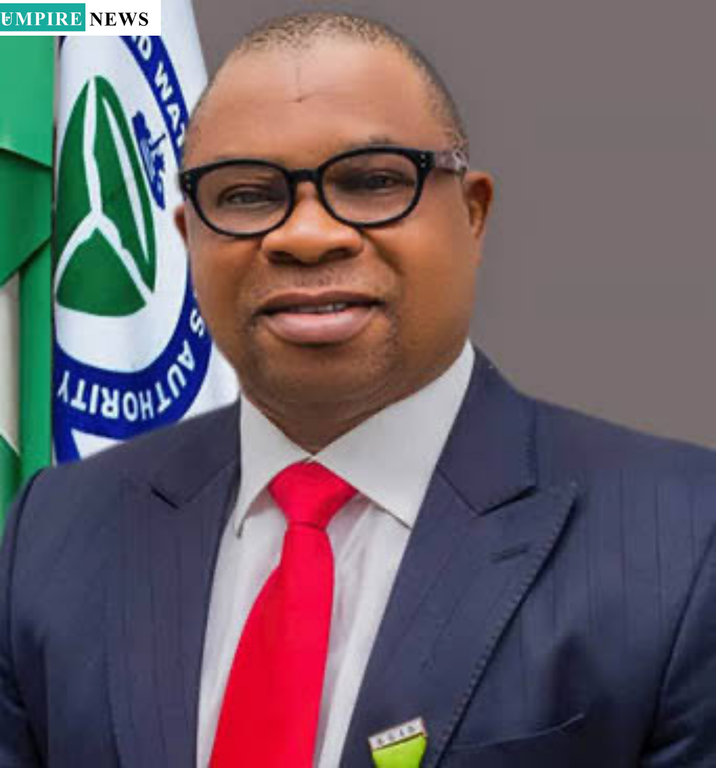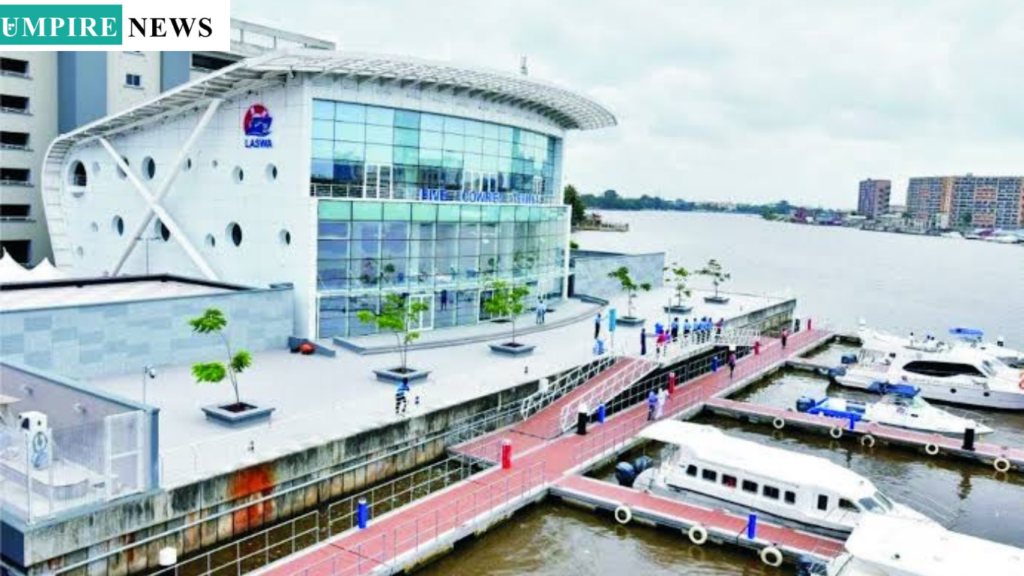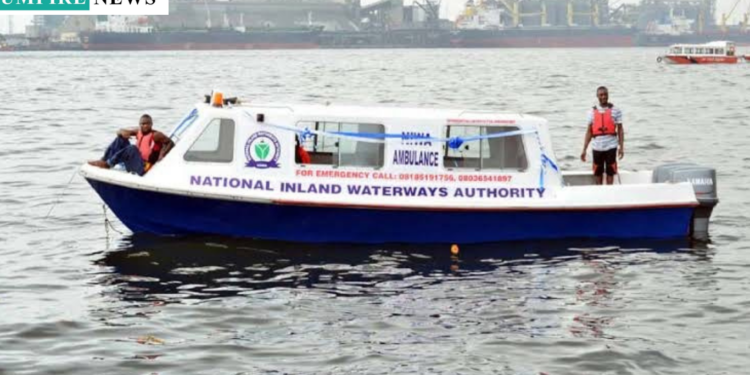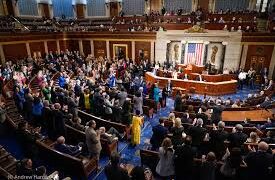The National Inland Waterways Authority (NIWA) is set to take bold steps in revitalizing three of its previously inactive river ports, a move that is expected to inject approximately N9.4 billion into the nation’s economy.
This strategic initiative comes as part of the Authority’s broader plan to reduce the frequency of boat mishaps and increase the overall safety of the country’s waterways.
By breathing new life into these ports, NIWA aims to reposition itself as a critical player in the nation’s economic landscape, particularly within the Marine and Blue Economy sectors.

The three river ports slated for revival are Baro, Uguta, and Lokoja. While Baro Port has already been completed at the cost of N2.6 billion and successfully concessioned to private operators, Oguta and Lokoja ports are still undergoing construction, being built at N2.7 billion and N4.1 billion respectively.
Once fully operational, these ports are expected to serve as crucial drivers of economic activity within the country.
One notable achievement is the potential of the Onitsha River Port, which alone holds the capacity to generate over N23 billion in revenue for the federal government over the next 30 years.
This underscores the immense economic opportunities that can be harnessed through the efficient management of Nigeria’s river ports and waterways.
The Nigerian Fleet Implementation Committee (NFIC) has previously highlighted the importance of Nigeria’s maritime industry as a pivotal sector under the Ministry of Marine and Blue Economy.
However, despite Nigeria’s strategic positioning as a maritime nation, the country has not fully capitalized on the economic potential offered by its vast inland waterway resources.
This represents a missed opportunity for national development, and efforts are now being made to correct this oversight.
NIWA’s Managing Director, Bola Oyebamiji, has reaffirmed the Authority’s commitment to revitalizing Nigeria’s river ports, stating that it is ready to breathe new life into Baro, Uguta, and Lokoja ports with an estimated investment of N9.4 billion.

While Baro has been completed and is now concessioned, the ongoing construction of Oguta and Lokoja River ports indicates a forward momentum that will soon bolster the nation’s port capacity.
Oyebamiji also addressed the current operational state of NIWA, acknowledging the role of private sector operators in managing business more effectively.
He pointed out that private investors have sufficient financial resources to complete the construction of the river ports, emphasizing the need to attract private investment into the sector.
To demonstrate NIWA’s commitment to attracting private investment, Oyebamiji recently toured the Onitsha, Warri, and Port Harcourt offices of the Authority, calling for increased private sector participation in the blue economy initiative.
“Private sector participation is essential to harnessing the full potential of our waterways,” said Oyebamiji during his tour. “This is part of our deliberate plans to open up new opportunities and maximize the economic potential of the nation’s waterways.
Public-private partnerships (PPP) are the way to go, but we need genuine investors with clear intentions to align with President Bola Tinubu’s Renewed Hope Agenda for economic recovery.”
The NIWA MD also took the opportunity to urge the Authority’s staff to work harder, emphasizing that improved revenue generation would directly benefit their welfare.
He warned against complacency and inefficiency, stressing his commitment to ensuring that the staff’s hard work translates into tangible benefits for both their personal welfare and the nation’s economy.
In line with efforts to expand Nigeria’s navigable waterways, Oyebamiji has charged his area managers to significantly increase the length of navigable inland waterways, aiming to raise it from 3,000 kilometers to 5,000 kilometers.
This ambitious goal will require substantial dredging efforts, with plans in place to dredge an additional 2,000 kilometers to meet the target.
The NIWA MD has also announced plans to license 2,200 boats annually in Lagos and train 1,500 skippers by the end of 2024. Lagos, being the hub of Nigeria’s inland waterways activities, has already seen the deployment of five patrol boats to monitor operations on the state’s waterways.
This proactive approach is part of NIWA’s ongoing efforts to enhance safety and ensure smooth, efficient operations across the nation’s waterways.
“Nigeria has about 10,000 kilometers of waterways, yet only 3,000 kilometers are currently navigable,” Oyebamiji said. “As part of our strategic deliverables, we are working to increase navigable waterways from 3,000 kilometers to 5,000 kilometers.
This will require the dredging of an additional 2,000 kilometers, a critical step in unlocking the full potential of our inland waterways.”
NIWA’s plans to revive and expand the nation’s river ports and inland waterways represent a crucial step toward ensuring safer, more efficient, and economically beneficial maritime operations.
With the involvement of the private sector and a renewed focus on public-private partnerships, NIWA aims to unlock new opportunities for the nation’s economic growth and development, while also contributing to the broader objectives of the Marine and Blue Economy Ministry.

































